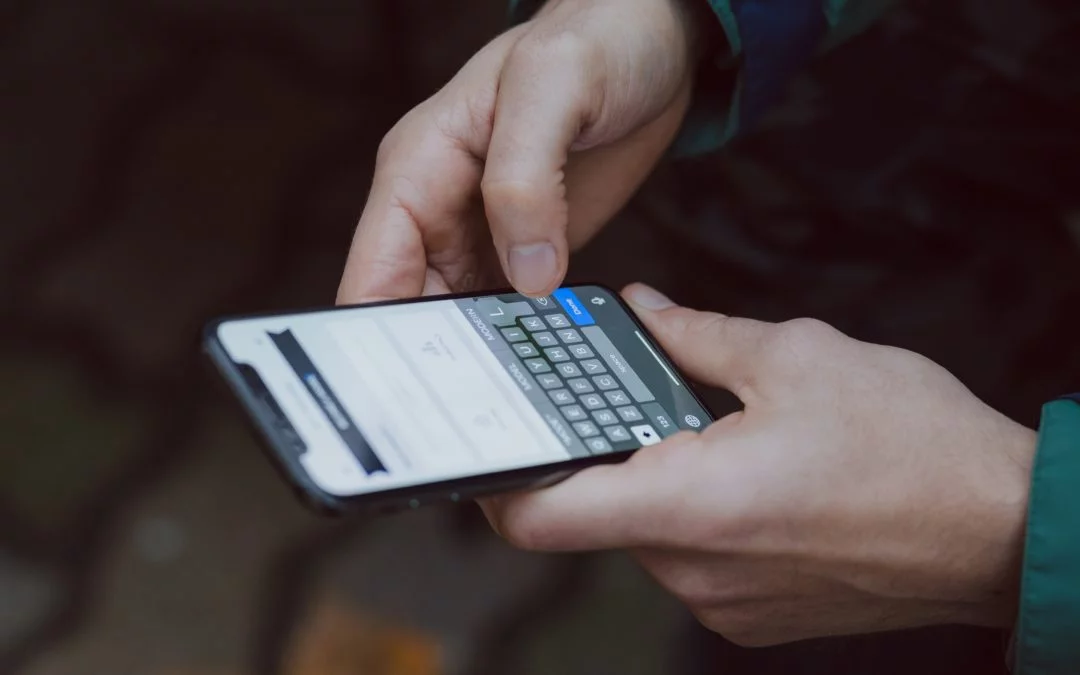Tristan Harris is Right. It’s Time to Care that Technology is Stealing Our Time.
When I ask the question ‘What is your biggest distraction?’ at events, workshops and seminars, the common answer is commonly ‘phones’, ’email’ and ‘social media’. It’s high time that we admitted it. Technology is stealing our time and attention.
On this point, I want to stress what it is stealing from – from those precious moments of connection with our friends and loved ones. Ever looked around a restaurant at groups eating and seen how many phones are on tables, or worse in peoples hands at silent tables! Or watched a child playing in the park and calling to her Mum who instead of engaging and enjoying the experience, is on her phone. Technology addiction is affecting us as individuals, with untold collateral damage in all areas of our lives.
So it appears technology is making us work less efficiently and less well. And, when we’re not even looking at our phones or emails, they can distract us from what we are doing.
Unfortunately, this isn’t hyperbolic, dystopian, or hysterical, as some people say. No, there are now heaps and heaps of evidence for all of it. And the reality might be that tech companies are driving this ‘attention economy’ deliberately. Great business, but maybe not so good for humans!
Just how not so good is what the ‘digital ethicist’ and founder of the Center for Humane Technology, Tristan Harris, is seeking to publicise. Through the Center’s Ledger of Harms, he is hoping to compile much of the research into the effect that social media and tech in general has on our society.
Check out his TED Talk:
It’s quite compelling – if somewhat terrifying – reading. However, it is really important that we do read it. Because technology is stealing our time and attention, sure. But it’s not only that. It seems to be destroying our relationships and our mental health too.
Let’s take a look at the things technology is doing to our lives – without us even noticing.
What Technology is Doing to All of Us.
The facts about what technology is doing is stark. Both as individuals and as a society in general, we’re slowly beginning to see the adverse effects of technologies, like social media and smartphones, and what is generally called the attention economy.
However, it is not all Cambridge Analytica and fake news or tech addiction and trolling. It’s not only the big headline-grabbing scandals and concerns.
Rather, our cultural obsession with these technologies is having huge effects on our lives that we usually hardly even notice. They shape the ways that we do things – and don’t do things satisfactorily – in subconscious ways that we don’t even recognise.
This is what Harris’s Center for Humane Technology is seeking to rectify, by putting all of the information and evidence in one place. I want to pick out three themes.
Technology and Attention.
The evidence that Harris collates suggests that smartphones and digital technologies are fundamentally reducing our ability to pay attention. We can’t concentrate or bring ourselves to stop getting distracted, as these technologies are literally designed to keep your attention.
We have therefore reached a point at which, according to Harris’s Center, at least half of us feel the need to respond to messages immediately. At which we look at notifications within only a couple of minutes – at most. And at which there is evidence that multitasking with social media diminishes the performance of our memory.
And this is the one that really amazes me. Even when a smartphone is present but not actually on, we still feel its effect. One study shows that just the presence of a smartphone reduces our memory capacity and our ability to reason. It is important that we create boundaries around technology, restricting their influence on our attention! Using ‘Tech-free’ Protected Time can be a great way to have a detox once in a while.
Technology and Our Mental Health.
According to a study shared by Harris’s Center, over a quarter of parents feel like they are addicted to their mobile phones. Meanwhile, their use seems to correlate with symptoms of depression in younger people.
We’ve talked about technology and sleep deprivation in business before. However, it is one of those things that can’t be mentioned enough. According to twenty different studies (twenty!), using our phones at bedtime reduce the quality of our sleep, as well as the quantity of it.
Meanwhile, ridiculously, a study found that people who were told to scroll Facebook for ten minutes felt nine percent worse by the end of the day. It’s hardly worth looking at social media knowing things like this!
The Effect of Technology on Our Relationships.
Even the most sacred of the things we have as humans, our relationships, can become a victim of technology. And the bottom line here is simple: we don’t actually understand each other as well as we think we do online, and offline we’re permanently distracted.
When emailing, texting, or generally conversing online, we are much more likely to misinterpret what others are saying. We know people who seem way harsher on messenger than they intend – just because of their overuse of full stops or something similar. However, when we believe that we are understanding people well, it’s disconcerting to know that we actually probably aren’t. Equally, in-person communication is a skill developed over time, increased use of technology is hampering our communication skills, such as our ability to articulate what we want to say and how we interpret others physical cues.
Humans are better at communicating face-to-face. It’s just a shame that the continuous presence of technologies like smartphones means that we are actually less connected to the people we spend time with in real life too.
Why We Should Care that Technology is Stealing Our Time.
These problems matter for all of us; literally for everyone who has ever come into contact with a smartphone.
When I work with people on creating change, the excuse I hear most often is “I don’t have time”. My simple response is “Can you open screen-time on your phone and tell me how much time you spent on social media in the last week?”. Answers have ranged from 12 to 48 hours! There is where you can find the time!
The ever-present mobile phone is stealing our time, much of it unconsciously. It’s really no surprise at all that we generally suck at effective time management if we can’t stay focused on the task at hand. No number of time management strategies will ever help if we are under the sway of our smartphone notifications.
If we want to get our time, attention and energy back for the things we find important, we need to start by looking at our relationship with our phones. These are the biggest ‘Time Thieves’ around.
Just like a thief, time thieves are sneaky, secretive and take what is valuable to us without us knowing.
Get into the habit of turning it off, putting it in the other room and creating effective Work/Life Boundaries around when you will and won’t use it. It’s perhaps the best way to start becoming more productive, happier, and more connected to the people around you.
Find out more about how to quit your smartphone addiction in my next article!

